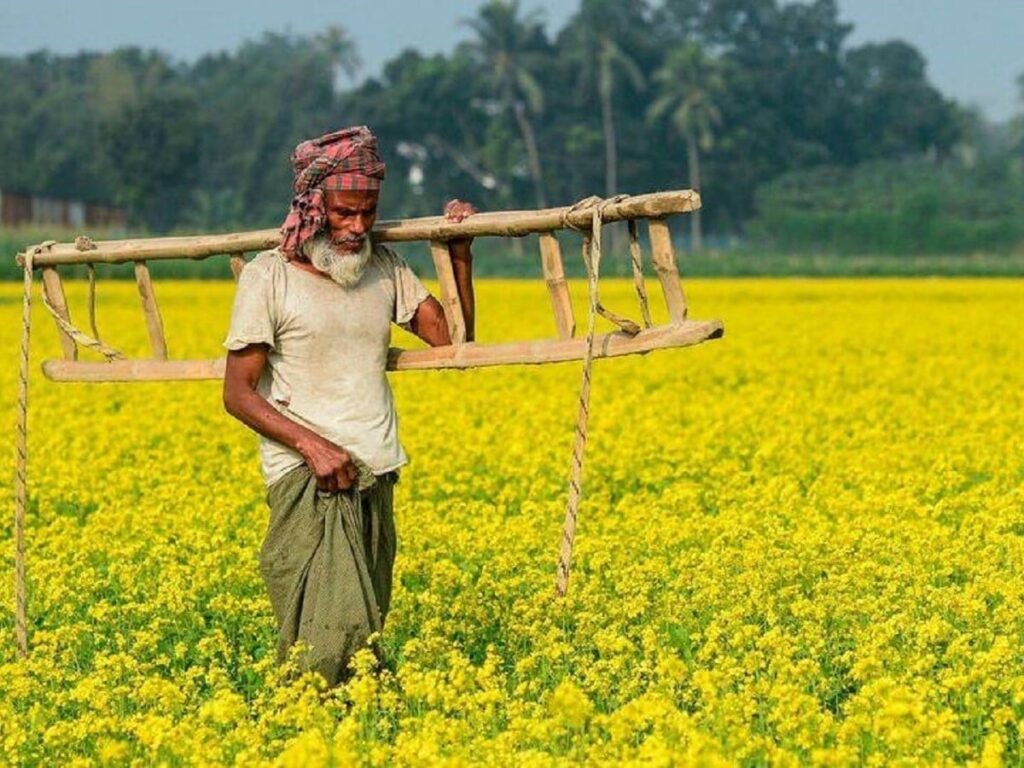The PM Kisan scheme plays a crucial role in providing financial assistance to farmers across India. Under this initiative, eligible farmers receive a total of ₹6,000 annually, distributed in three equal installments of ₹2,000 each. This program aims to alleviate the financial burden on farmers, ensuring they have the necessary funds for essential agricultural activities. Recently, concerns have arisen regarding delays in the disbursement of the 20th installment of this financial aid, prompting discussions about the implications for beneficiaries.
Overview of the PM Kisan Scheme
The PM Kisan scheme, officially launched in February 2019, aims to support small and marginal farmers by providing them with direct income support. This assistance allows farmers to invest in their crops, pay off debts, and manage unforeseen expenses. The key features of the program include:
- Eligibility for small and marginal farmers with landholding up to 2 hectares.
- Direct transfers of funds to beneficiaries’ bank accounts.
- Quarterly payment schedule ensuring timely financial support.
Importance of Timely Payments
Timely disbursement of the PM Kisan payments is critical for farmers, as it directly impacts their farming activities and overall financial stability. Any delays in these payments can lead to:
Effects of Delays
| Impact Area | Description |
|---|---|
| Cash Flow | Delays lead to cash flow issues, hindering farmers’ ability to purchase seeds, fertilizers, and other inputs. |
| Debt Management | Farmers may struggle to repay loans, leading to increased financial pressure and potential loss of assets. |
| Crop Production | Insufficient funds can result in poor crop management and reduced agricultural productivity. |
Current Status of the 20th Installment
The 20th installment of the PM Kisan scheme is currently facing delays, which has raised concerns among beneficiaries. The government is expected to address these issues promptly to ensure that farmers receive their due support without further interruptions. Regular updates from government officials regarding the status of the payments can help alleviate worries and provide clarity to beneficiaries.
Conclusion
As the PM Kisan scheme continues to evolve, ensuring timely payments remains a paramount concern for farmers relying on this assistance. The impact of financial support on farming practices cannot be overstated. It is essential for the government to resolve any delays in the disbursement process to uphold the program’s integrity and continue supporting the financial health of India’s agricultural community.
